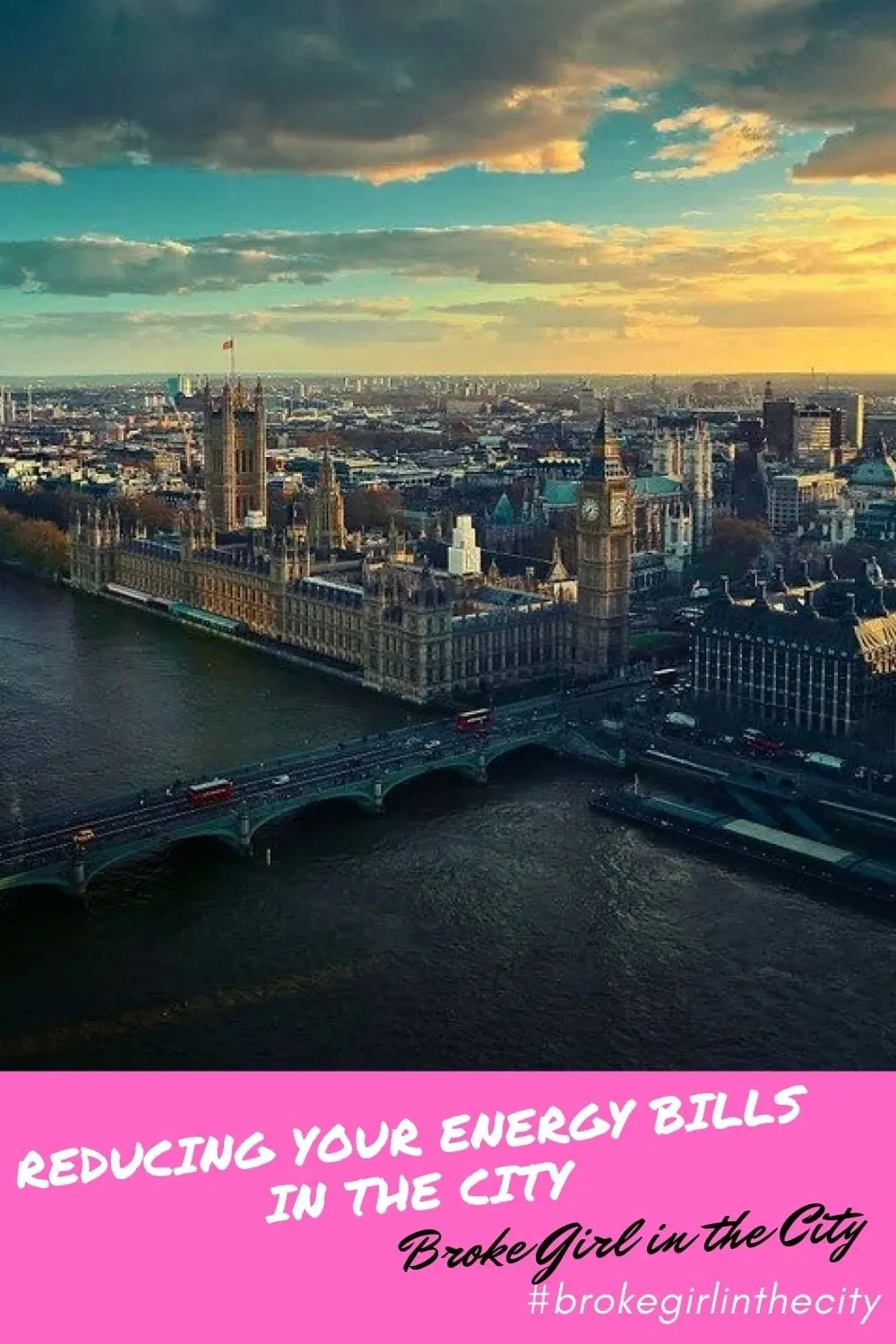
Reducing your energy bills in the city
Energy bills are on the rise and as we turn the corner into winter, costs are only going to increase. Many practical energy-saving articles will tell you to check loft insulation. Ensure you have the same in cavity walls and other physical changes you make to the fabric of your building. In a city environment, things may be a little different; a larger percentage of homes will be apartments and flats for instance, and many may be rented privately or otherwise. In those situations, there are still plenty of measures you can take to save energy, and thus reduce bills this winter.
Draughts
Living in the city means you are likely to have houses on either side of you, and maybe even homes above and below you in an apartment block. This is great for heat retention as far less is lost than in detached houses. You can still lose heat through other conventional ways.
One of the biggest problems is draughty doors and windows. If you are losing heat that way, you will likely turn up the temperature to compensate, meaning more energy consumption. Check under doors for gaps and draughts and rectify where possible. That may be fitting new doors, or it may be using something as simple as a draught excluder. With windows, replacements are one option. If you are renting or living on a budget, use thick curtains to keep the heat in over the winter.
Fridges and Freezers
Household appliances all use energy. The ones you should pay attention to are those that are on all the time. Good Housekeeping suggests that having a freezer choked with ice makes it work less efficiently, increasing your energy costs. The same applies to fridges, especially those that develop a layer of ice on the rear panel.
Did you know, this comes from having the door open too long, causing warm air from your room to condense and freeze on the appliance? Another handy fridge and freezer tip is to make sure they are kept full. A full appliance works most efficiently, so the more you store in your clean, defrosted fridge or freezer, the less energy you are using.
Smart Thermostat
Smart technology is a game-changer for homeowners and in the city, a smart thermostat is a way forward. City dwellers tend to be in and out of their home more often for work and leisure as there are more facilities. That means the potential for the heating to be left on. With a smart thermostat, you can control the temperature via an app, making it easier to save energy.
Pete Chatfield of Household Money Saving believes he saves £50 a year when he installed his smart thermostat, a great saving on money and energy. Any changes you make to your heating system can highlight problems though. So it might be wise to cover your heating system with insurance, too.
The plumbing coverage on HomeServe shows how many plans come with a boiler service and protection for your gas central heating. Meaning any further problems you encounter can be rectified very quickly. That can save energy too, as you will be using energy-intensive electric heaters or fan heaters far less during a breakdown, as problems will be fixed rapidly.
Gadgets and Appliances
How many of us leave our mobile phone plugged in all night? What percentage of televisions are left on standby overnight? These may seem like trivial aspects of energy usage, but it all adds up. Today’s gadgets often ‘need’ to be on all day, every day. A system of unplugging and turning off each night can save you a huge amount over time. Your mobile only needs an hour or so to fully charge, so why plug it in all night? The Thrifty Parent recommends unplugging computers, games consoles, printers and microwaves, all of which use energy on standby. That ‘vampire’ energy use is thought to be around 5% of our overall consumption each year, which amounts to a significant saving.
